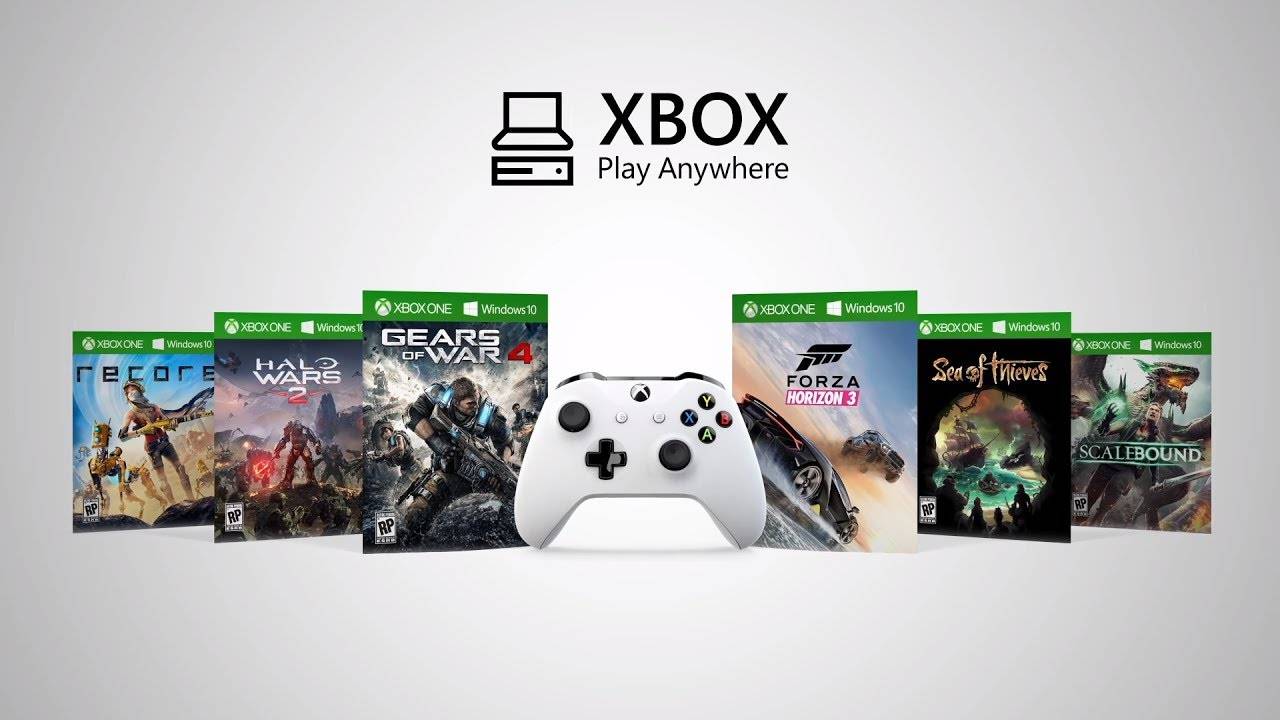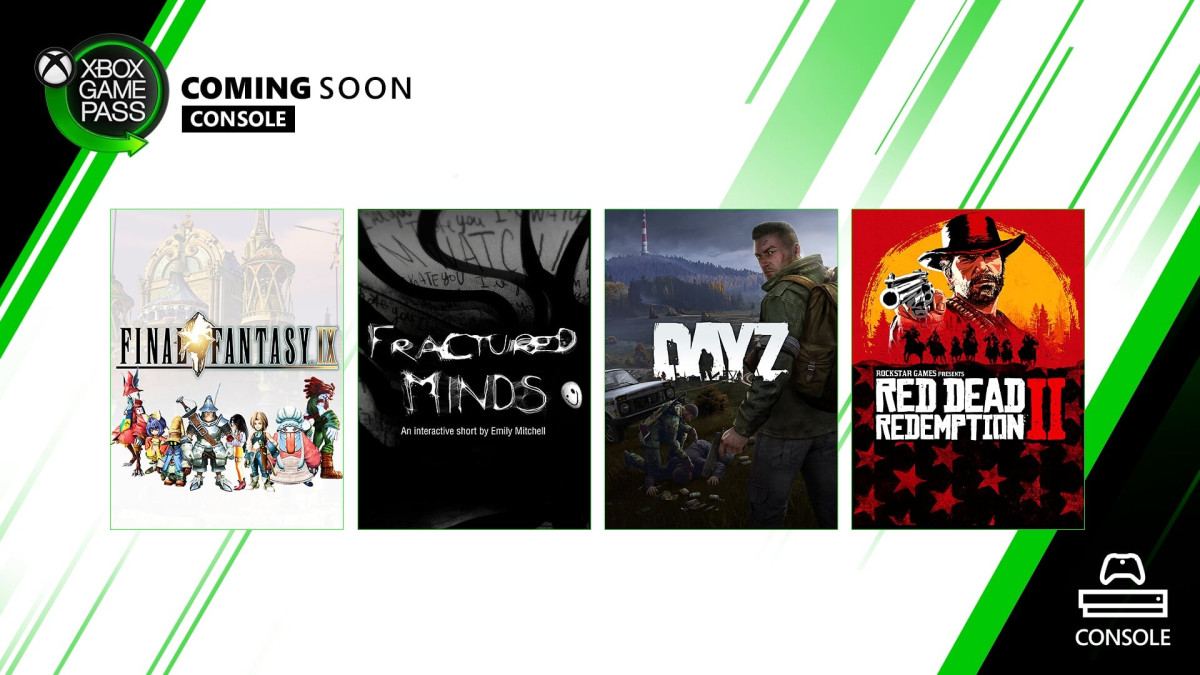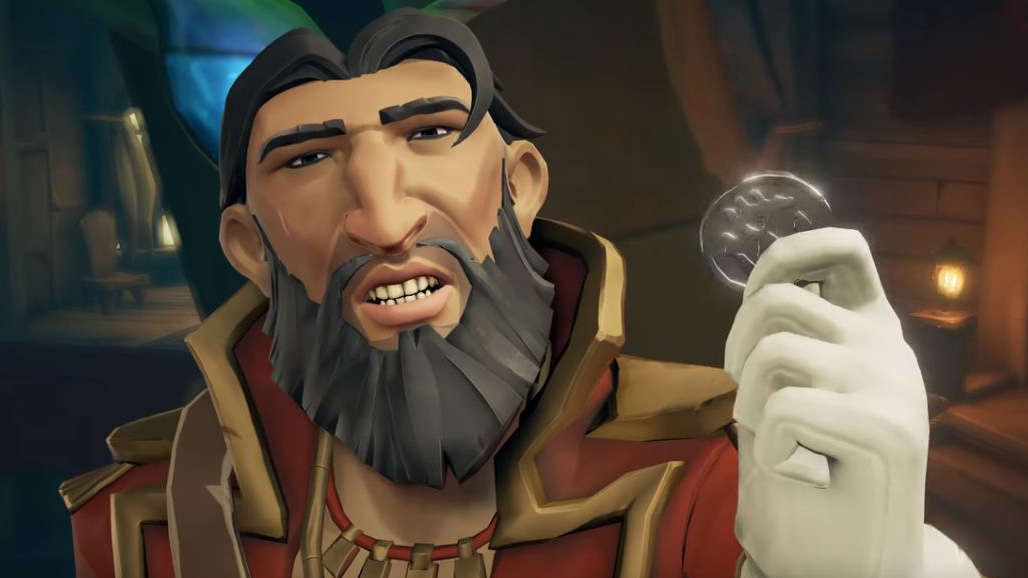Even though it appears like I’m one of the few people who actually enjoyed Microsoft’s Xbox Games Showcase, I can’t help but shake my head when I see the same statement popping up from disgruntled gamers time and time again.
You might have seen it yourself, but it usually goes like this: “There aren’t any exclusives on Xbox Series X, so I'll just get Halo Infinite on PC or on Xbox One instead.”
At first glance, that might seem like a damning insult – and I’m sure, in an ideal world, Microsoft would love to see people proclaiming they’ll buy an Xbox Series X at launch. But if you look a little closer, it shows that the strategy Microsoft has slowly transitioned towards should pay dividends.
- PS5 vs Xbox Series X: which console should you choose?
- Xbox Series X games list: all the titles coming to Xbox
- Xbox Series X vs Xbox One X: should you upgrade?
You see, Microsoft isn’t interested in shipping millions of consoles. Would it like to? Sure. Does it need to? Absolutely not. Microsoft’s approach is patently clear: it wants to reach as many gamers as possible, no matter which platform they choose to play on – and Xbox Game Pass is the string that ties everything together.
Xbox Play Anywhre

"The key thing is, you’re still purchasing an Xbox game regardless of where you choose to play it."
The experiment to move away from the traditional console upgrade cycle of forcing gamers to buy new hardware for specific games (each and every generation) started with Microsoft’s Xbox Play Anywhere program, which gifted you the PC version of any Xbox One game you bought digitally, and vice versa.
When Xbox Play Anywhere was first announced, people questioned its impact. “Why would you play the Xbox version when you can play it on PC?” they mused, which is hardly a strange thing to ask.
Well, the point is, you don’t have to play the Xbox version – you get a copy of the game for both platforms, and have the flexibility to play on either device. The key thing is, you’re still purchasing an Xbox game regardless of where you choose to play it.
After Xbox Play Anywhere came Xbox Game Pass, a subscription service that has essentially become the Netflix of games. It wasn’t until Microsoft announced that all first-party games from Xbox Games Studio would be included as part of the subscription that it really took off, though. And, as we’ve seen, it has proven to be phenomenal value.
A bold move

"You might not be desperate to buy the company's new console, but no one will be canceling their subscription anytime soon."
When Microsoft made the decision to make its first-party games like Gears 5, Sea of Thieves, Forza Horizon 4 and Halo: The Master Chief Collection available on PC, however, the gaming world was in utter disbelief.
The dismantling of Xbox's exclusive lineup was seen as potentially disastrous for Microsoft’s gaming division, with many wondering why anyone would buy an Xbox One console if every game was also coming to PC?
It’s a good question, but one with an answer that bears repeating: Microsoft simply wants as many people playing its games as possible, regardless of where you play.
This belief is further strengthened by Microsoft's approach to Xbox Series X games. All first-party games for the first couple of years are coming to Xbox One as well, including Microsoft’s flagship franchise that has historically sold consoles by the millions: Halo Infinite.
We also saw that every single title that was revealed at Microsoft's Xbox Games Showcase event is including as part of Xbox Game Pass. You might not be desperate to buy the company's new console, but no one will be canceling their subscription anytime soon.
That means there’s literally no reason to buy an Xbox Series X, then, as you can play all these games on your existing Xbox One or PC... So what is Microsoft thinking?
A new dawn

If it wasn’t already crystal clear, Microsoft isn’t relying on mass console sales to make money anymore. Hardware rarely turns a big profit for either Sony or Microsoft, particularly in the early stages when manufacturing costs are high. Consoles are often sold at a loss, too, and it’s the software and services that make up the deficit and turn over healthy revenue.
So, how is Microsoft doing on the services front? Incredibly well, it turns out. It’s managed to amass over 10 million Xbox Game Pass subscribers and, unlike with a single game or hardware purchase, these subscribers bring in a consistent cash flow every single month.
These subscribers aren't just tied to Xbox hardware, either. They're playing games on Xbox consoles and PC, and soon they’ll be logging in on their phones too. With Project xCloud bundled into Xbox Game Pass subscriptions from September, a whole new audience of gamers might enter the Xbox ecosystem for the first time. The key thing is they have many avenues to do so.
Sony vs Microsoft

"The prospect of buying an expensive box just to experience one or two games is looking outdated."
The main difference between Sony and Microsoft next-gen comes down to the cost of entry. Sony needs you to purchase a PlayStation 5. If you don’t, you can’t play Spider-Man Miles Morales or Horizon Forbidden West. If an exclusive game doesn't impress when its revealed, Sony risks losing not one, but two crucial potential sales: a PS5 console and a $60 game.
On the other hand, Microsoft has cast its net far wider. It can afford to be more experimental with its line up of games, as seen by recent titles like Grounded and Rare's Everwild. And its focus centers around making it as easy as possible to enter the Xbox ecosystem, not stump up the cost of paying for new hardware.
Perhaps you like the look of Sea of Thieves but can't afford an Xbox One S? Subscribe to Xbox Game Pass and play it on your phone via Project xCloud. Maybe you’re a PC gamer who loves Halo but can’t go back to the limitations of consoles? You can get it from the Windows 10 store (and as has become more common, Steam). What if you already own an Xbox but want the best possible experience for all future titles? The Xbox Series X has you covered.
Whichever way you look at it, Microsoft has made its library of games and services more accessible than any console manufacturer to date. Consumers have shown a demand for services that carry across their devices, and the prospect of buying an expensive box just to experience one or two games is looking outdated.
Whether you see Microsoft’s strategy as a crazy gamble or as an inspired move, one thing is certain: Microsoft really doesn’t care if you buy an Xbox Series X. It just wants you to play its games and stay subscribed to Xbox Game Pass.
from TechRadar - All the latest technology news https://ift.tt/30H8xNy

